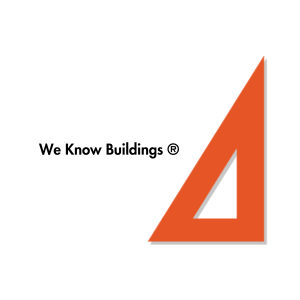The Essential HOA Transition Checklist for New Jersey Communities
Transitioning control of a Homeowners Association (HOA) from the developer to the residents is a crucial and complex milestone in the development of a community. This process, particularly in New Jersey, involves a multitude of legal, financial, and administrative steps designed to ensure a seamless and effective transfer, fostering the sustainable management of the community.
To assist homeowners and board members in navigating this significant phase, here is an extensive checklist that provides a detailed guide through each stage of the HOA transition process in New Jersey.
Pre-Transition Preparation
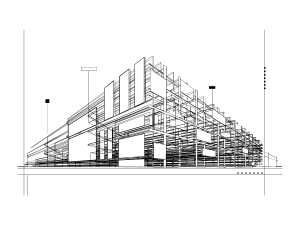
Understand New Jersey’s HOA Laws
- Familiarize yourself with the New Jersey Planned Real Estate Development Full Disclosure Act and other relevant state laws that govern the transition process.
Form a Transition Committee
- Elect or appoint a transition committee comprising community members. This committee will represent the interests of the homeowners during the transition process.
Hire Professionals
- Engage a lawyer experienced in New Jersey HOA law.
- Consider hiring a property manager, accountant, and engineer to assist with the transition.
Financial Management

Review Financial Documents
- Obtain and review the HOA’s financial records, including budgets, reserves, audits, and bank statements.
Conduct a Reserve Study
- Hire a professional to conduct a reserve study to assess the adequacy of the reserve fund and long-term maintenance planning.
At Criterium-Hanna Engineers, we recognize that the durability and success of your homeowner association hinge on meticulous management of your community’s assets and capital reserves. Our deep understanding of how buildings age and perform over time has earned us a stellar reputation for delivering reserve studies that pinpoint risks, uncover opportunities, and control expenses. We are committed to helping you safeguard the future of your community with strategic insights and detailed planning through our reserves study services.
Establish a Budget
- Based on the financial review and reserve study, establish a realistic operating budget for the HOA.
To effectively manage the Homeowners Association (HOA), it is crucial to develop a realistic operating budget based on thorough financial review and reserve study. This process starts with a detailed assessment of the HOA’s current financial status, including an examination of income sources such as dues, fees, and other revenues. It’s also essential to analyze past expenditures to understand spending patterns and identify areas where cost efficiencies can be improved.
improved.
The reserve study is an integral part of this process, providing a long-term forecast of the community’s needs. It helps in identifying major expenditures that might arise in the future, such as roofing replacements, paving projects, or upgrades to community facilities.
Legal and Administrative Duties
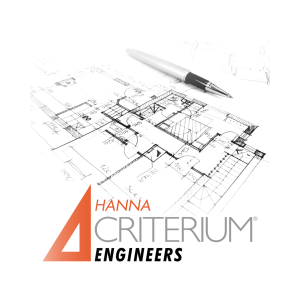
Review Governing Documents
- Carefully examine the HOA’s declaration, bylaws, and rules and regulations to ensure they comply with current New Jersey laws and meet the community’s needs.
Audit Contracts
- Review existing service contracts (e.g., landscaping, maintenance, security) to determine if they should be renewed, renegotiated, or terminated.
Reviewing existing service contracts, such as those for landscaping, maintenance, and security, is a critical step in ensuring efficient operations within a Homeowners Association (HOA). It’s important to assess each contract carefully to determine whether the terms are still favorable or if adjustments are needed.

This involves examining the quality of service provided, comparing costs with current market rates, and assessing the relevance of each service to community needs. Based on this evaluation, the HOA may decide to renew contracts that continue to meet their standards and provide good value, renegotiate terms to secure more favorable conditions or lower costs, or terminate agreements that are no longer beneficial or necessary. This process not only helps in maintaining high standards of service within the community but also in managing the HOA’s budget more effectively.
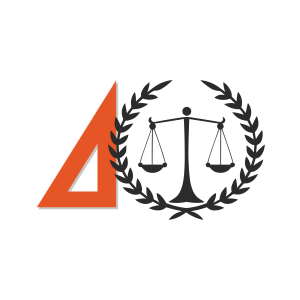
Transfer Assets
- Ensure a smooth transfer of all HOA assets, including bank accounts, property titles, and other pertinent records from the developer to the HOA.
Inspect Properties and Common Areas
- Conduct a thorough inspection of all common areas and facilities to identify any needed repairs or warranty work.
Community Engagement
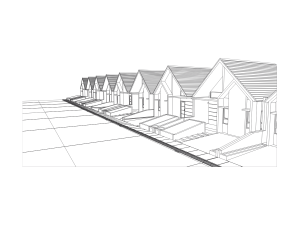
Communicate with Residents
- Keep the community informed about the transition process, timelines, and any anticipated changes in HOA management or fees.
Conduct a Community Meeting
- Organize a meeting with all homeowners to discuss the transition process, introduce the new HOA board, and address any concerns.
Post-Transition
Implement Governance
- To ensure that the new Homeowners Association (HOA) board is effectively governing the community, it is vital to implement several critical measures.
First, the board should hold regular meetings to facilitate open discussions, make informed decisions, and address any issues pertinent to the community’s wellbeing. These meetings should be scheduled consistently, whether monthly or quarterly, to ensure all board members are kept up-to-date and engaged in the governance process.
Second, robust financial oversight is crucial. The board must actively manage the community’s budget, oversee expenditures, and ensure adequate reserves for future projects or emergencies. Regular audits should be conducted to maintain transparency and accountability, helping to prevent financial mismanagement.
Third, enhancing community engagement is essential. The board should strive to create an inclusive atmosphere by actively communicating with residents, soliciting their input on community matters, and ensuring they are well-informed about the governance decisions. Effective communication can be achieved through newsletters, community meetings, and a well-maintained website or social media channels.
Plan for the Future
- Develop a strategic plan for the community, including long-term financial planning, maintenance schedules, and community improvement projects.

Regularly Review and Update Documents
- Regularly review and update the HOA’s governing documents and policies to ensure compliance with New Jersey law and the evolving needs of the community.
The transition of an HOA from developer to residents is a critical phase in the life of a community. In New Jersey, it requires careful planning, coordination, and execution to ensure legal compliance and the long-term health of the HOA. By following this checklist, communities can achieve a successful transition and lay the foundation for effective and responsive HOA management, fostering a thriving residential environment.
